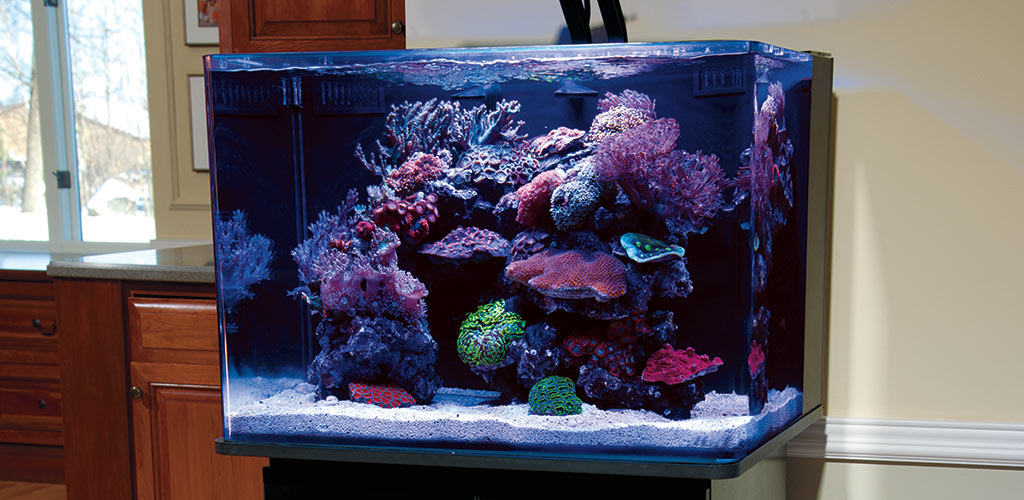Rise by Six: Your Daily Dose of Inspiration
Explore insights and stories that elevate your day.
Fishy Business: Keeping Your Aquatic Friends Happy and Healthy
Dive into the ultimate guide for fish care! Discover tips to keep your aquatic friends thriving and happy in their underwater world.
The Essential Guide to Aquarium Maintenance: Tips for a Healthy Tank
Proper aquarium maintenance is crucial for ensuring a healthy environment for your fish and aquatic plants. Regular upkeep not only enhances the aesthetic appeal of your tank but also promotes the well-being of its inhabitants. To start, it's essential to perform routine water checks; monitor parameters such as pH, ammonia, nitrites, and nitrates. Performing weekly water changes of about 10-15% helps to maintain water quality and remove any accumulated toxins. Additionally, keeping an eye on the filtration system and replacing filter media as needed will aid in sustaining a clean habitat.
One of the most important aspects of aquarium maintenance involves feeding your fish properly. Overfeeding can lead to excess waste and water pollution, so aim to feed small amounts once or twice a day. Remove any uneaten food after a few minutes to prevent decay. Regularly inspect your fish for signs of illness or distress and adjust your care routine as necessary. Finally, consider incorporating live plants into your aquarium; they not only beautify your tank but also help to filter the water naturally, creating a balanced ecosystem.

Common Fish Diseases and How to Treat Them
Fish in aquariums or ponds are susceptible to various diseases that can affect their health and longevity. Some common fish diseases include ichthyophthirius multifiliis (commonly known as 'ich' or white spot disease), which manifests as small white cysts on the skin, gills, and fins of infected fish. Other prevalent conditions include fin rot, characterized by frayed fins due to bacterial infections, and columnaris, a disease marked by white lesions and a cotton-like appearance on the fish's body. Understanding these ailments is crucial for effective fish care.
Treating these common fish diseases involves a combination of proper medication and environmental control. For instance, ich can be treated with anti-parasitic medications that are readily available at pet stores, while fin rot often requires improving water quality and administering antibacterial treatments. Here are some essential steps to take:
- Isolate infected fish to prevent the disease from spreading.
- Maintain optimal water conditions by conducting regular water changes.
- Consult a veterinarian or a fish specialist for the right medications.
What Do Fish Really Need? Understanding the Basics of Fish Care
When it comes to understanding what fish really need, it's essential to consider their basic requirements for a healthy life. Fish primarily need clean water, which plays a critical role in their overall well-being. The water should be properly filtered and regularly tested for parameters like pH, ammonia, and nitrite levels. Additionally, the right temperature is vital, as different species of fish thrive in varying conditions. Keeping the water temperature stable helps reduce stress and promotes a healthier environment for your aquatic companions.
In addition to water quality, fish require a balanced diet to stay healthy. Providing them with the appropriate type of fish food—be it flakes, pellets, or live foods—ensures that they receive the necessary nutrients. It's also essential to consider the social needs of your fish, as many species prefer to live in groups, while others may be solitary. Lastly, creating a suitable habitat with plants, rocks, and hiding spots not only enhances the aesthetic of the aquarium but also provides comfort and security for the fish.